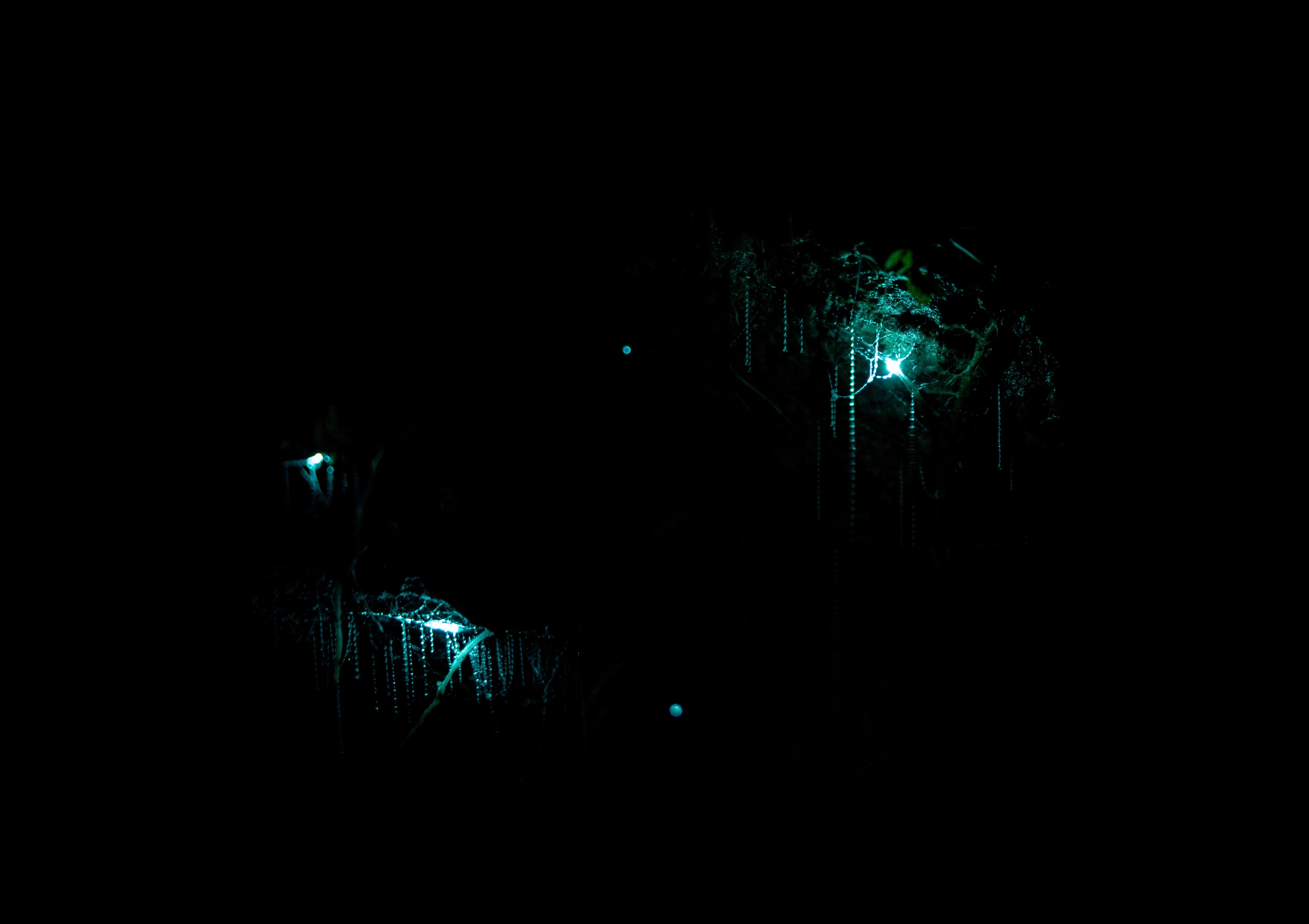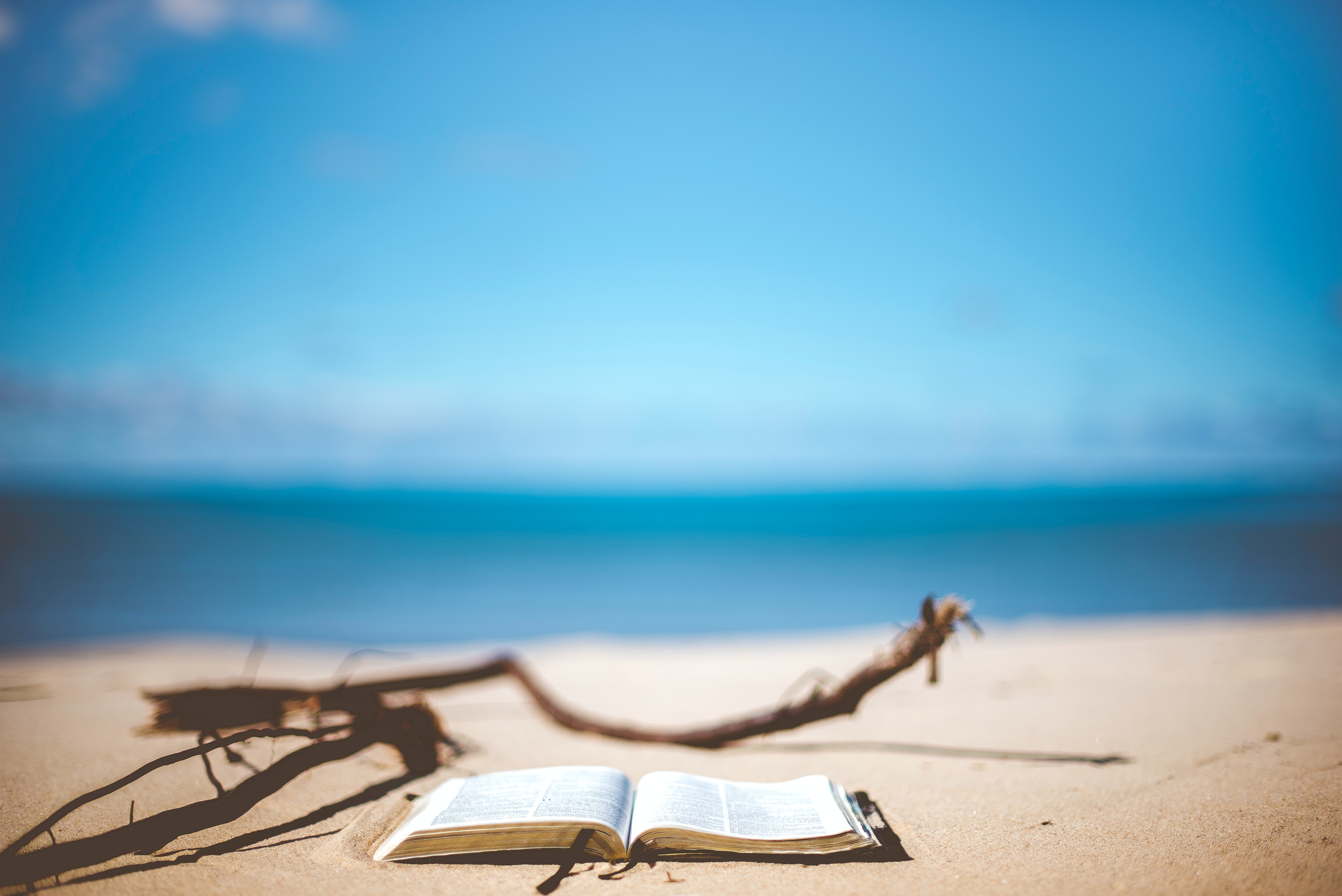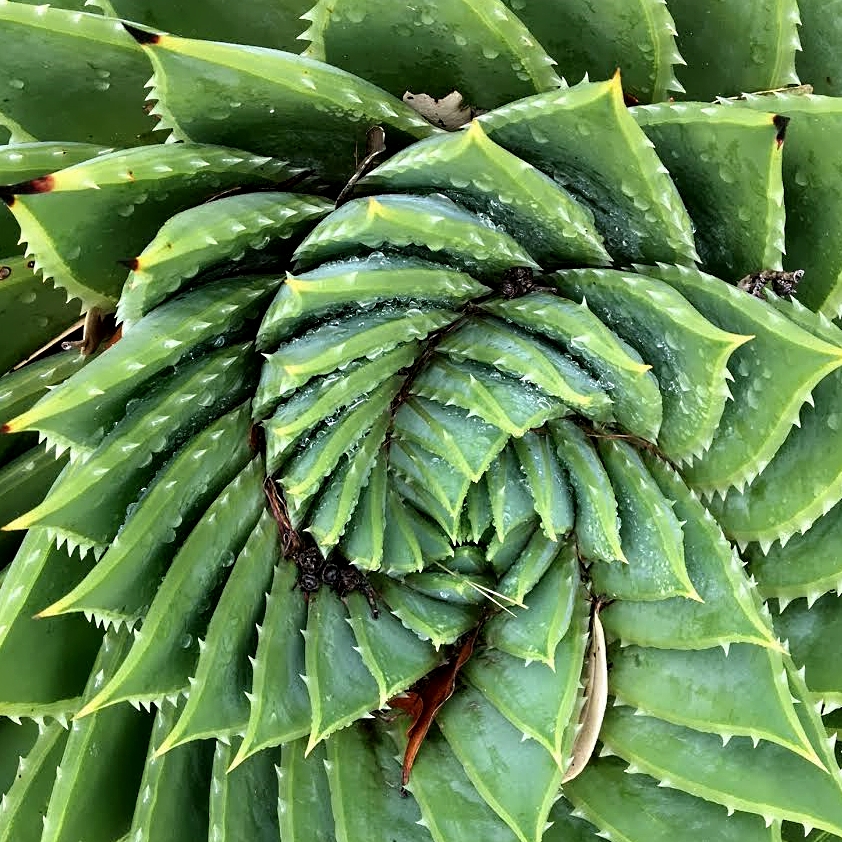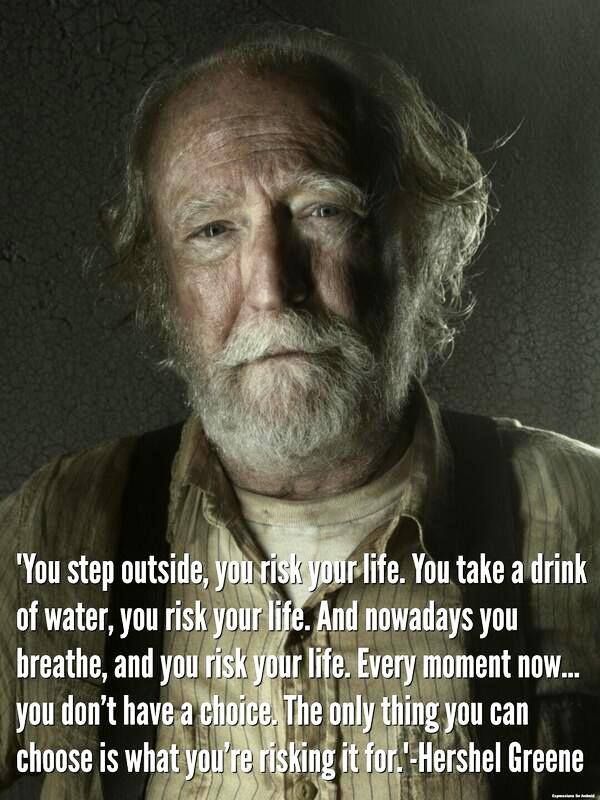You know how it goes. The sixth or seventh day you wake up with a headache (or insert your own personal challenge), it gets a little old. You begin to think that perfect vitality and health is just a myth.
And perhaps that is exactly what it is.
Your problem is you assume wholeness is a right. You assume you are supposed (even ENTITLED) to feel great, wake up ready to seize the day, breeze through your responsibilities, and end the work day with enough energy to spare for family, sports, hobbies or that dream you’re building.
If only. Instead you limp through your days (often literally) and you feel tired. all. the. time. And that means you just don’t have enough energy to exercise, even though you know it is good for you. So instead, when you come home, you flop on the couch, eat, and binge-watch something, falling asleep way too early and finally waking up knowing you are going to have to rewind the last 40 minutes.
And then, of course, you learn during the night that those 40 minutes of napping were the best sleep you got all night, because the rest of the night you end up tossing and turning and never quite feeling like you’re sinking deeply into sleep again.
The cycle continues day by day, until one day on the bus into work, you realise that you have been lowering your expectations of well-being consistently for far too long now. And your new normal has really turned into not only the lowest-hanging fruit on the well-being tree, but a pretty crumpled looking one at that.
This is certainly how it has been for me the last aeon. A downwards spiral of malaise that makes me dread every day just a little – or sometimes a lot. But here is what struck me that morning on the bus:
What if this expectation of well-being, this perceived right, is really not that? What if it is a privilege? If I were tetraplegic, I may have seen getting dressed as one of the victories of the day. If I had to battle trigeminal neuralgia, I would have perhaps been ecstatic to simply have made it to the bus at all!
It all has to do with expectation.
Last year, I read this stunning article based on a study of whether the long, dark winters caused greater depression or seasonal affective disorder among the Norwegians living in the polar circle. Shockingly, their mood hardly changed from season to season, even when they only received a maximum of 2-3 hours of indirect sunlight during the long polar night. Because they expected the long, dark, cold winters, they adjusted to that reality and learned to find joy in winter night-walks, the auroras, making a ritual of cuddling with a hot drink by the fire, or connecting with others.
How would such acceptance change my own life if I fully accepted and expected that my days were not going to be a goal-getter’s paradise … that perhaps I also had only 2-3 hours of indirect light, energy, possibility to live by?
I think I would live more gratefully and less wastefully. Gratefully, because wholeness is not a right. And less wastefully, because when those moments of wholeness do appear, we need to celebrate and fully fall into them, making them count. Realising that they could disappear again very soon.
That is a humble life.

Northern lights over Tromso, Norway. Photo by Lightscape on Unsplash





